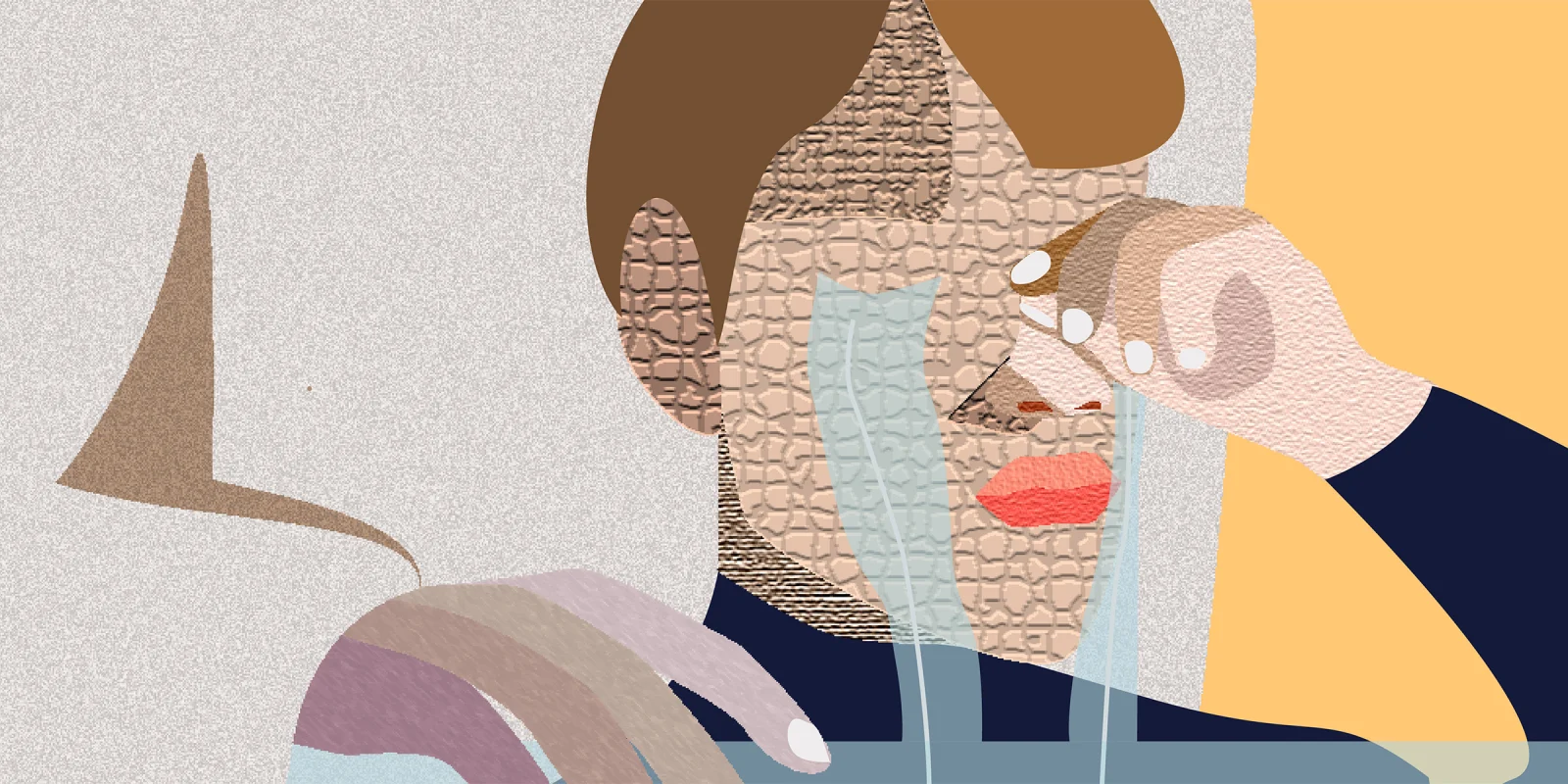The rush of an outpatient primary care clinic is unparalleled. Within the span of a mere hour, a pediatrician is expected to conduct sports physicals, advocate for the importance of routine childhood vaccinations, and provide education to new (and oftentimes very anxious) parents. If you’re lucky, you have a few minutes before walking into a teenager’s room to view their completed behavioral health screen, and identify answers warranting further discussion.
I clicked the chart for my next patient of the morning, a 17-year-old male who was severely depressed. His entire behavioral health screen flashed red.
Have you ever been suspended from school?
Yes.
Are you currently experiencing depression?
Yes.
Do you ever wish you weren’t living anymore?
Yes.
His room was filled, both physically and emotionally, by his multiple younger siblings. He was quiet as his brother talked about his favorite video game. Silent, as his sister told me about the yogurt she liked and asked me why my stethoscope is purple. Distracted, as his father discussed his frustrations being parent to an adolescent. When I directed the visit toward him and began to ask about his oral hygiene and sleep schedule, he communicated only through brief head nods and quick thumbs-up signs. It was evident that he was hurting, and I needed to learn what I could do to help. Citing the need for adolescent privacy, I asked his family to step out of the cramped examination room.
The moment the door closed, his tears began to fall. As his shoulders shuddered, he disclosed that he had been experiencing anhedonia, guilt, and difficulty concentrating for the past year. He was “sad, mad, and confused,” and confided that he had significant difficulty with emotional regulation, had been suspended multiple times, and was on the verge of expulsion. In between sobs, he gasped that he wanted to change. He wanted to speak to someone. He needed to speak to someone.
I understood. As the rates of major depressive episodes and number of suicide attempts continue to soar amongst teenagers, it is rare for me to care for an adolescent that has not been experiencing a form of mental illness. I have found that these conversations are some of the trickiest to navigate. Similar to other discussions with our patients, clinicians must achieve certain objectives during this type of visit. Within minutes, a clinician is responsible for assessing the ability of their patient to harm themselves or harm others. They are responsible for determining if a patient is actively or passively suicidal, and the most appropriate resources to connect them to at that moment. Therefore, the evaluation of mental health is one of the most delicate discussions one has with a patient. It is simultaneously an immense task and privilege. Moreover, these conversations are often improvisations, as there is no single script that works — especially for our adolescent patients. It is solely up to the clinician to establish a safe and supportive environment in order for their patient to feel comfortable imparting such vulnerabilities.
Given that we had shared dialogue regarding his passive suicidal ideation, he recognized that I needed to communicate this information to an adult in his life to keep him safe. After further discussion, he let me know that I could call his mother.
I stepped out of his room, found a rare quiet space in the back of the clinic, and called his mother. I divulged a significant portion of our conversation, my voice catching as I recounted this scared child — her scared child — crying on the examination table, petrified about his present and his future. I held my breath in anticipation of his mother’s response, prepared to provide comfort and acknowledgement that I would do everything possible to help her son. I didn’t anticipate the mother’s response of sheer disbelief. She harshly said that her son was “fine and just trying to cop out” of tomorrow’s detention and only told me “sob stories so that [I] would feel bad for him and help him get his phone back.” She told me that he had been “laughing with his family and friends the other day” so there was “no reason for him to be depressed.” She refused to hear our treatment recommendations, which would mean that her son would be unable to receive the appropriate mental health resources to treat his depression.
It was one of the most difficult patient encounters I have ever had. It felt so cruel to witness the emotion of this child in front of me, and then have to advocate for his mental well-being to his own mother. I was also unprepared to fight against the seeds of disbelief that his mother began to plant in my mind.
He didn’t tell me that he had lost his phone privileges. Why didn’t he tell me that? Did he know that I would call his mother, and maybe it would have helped him get it back?
Had he seen how cautious I had been to approach the conversation about his mental health and could tell that I was a less-than-experienced trainee? Did he capitalize on the tears I thought I had quickly blinked away?
Had he even read through the behavioral health screen, or was he just choosing answers at random?
Following these brief moments of doubt, I experienced significant guilt. How could I have been so quick to disregard the experiences of the patient right in front of me? He had trusted me so deeply with his vulnerabilities, and I was now questioning his sincerity. I was disappointed that in having these thoughts, I too was contributing to the dangerous rhetoric that these individuals could not outwardly mask their mental health.
Truthfully, I wish this encounter hadn’t ended the way it did. Yes, I helped him to identify someone supportive in his life — his guidance counselor — in case of a mental health emergency. Yes, I contacted our clinic’s social worker and learned what mental health resources were afforded to adolescents in his unique position. And yes, I protected his privacy as his father and siblings reentered the room for the remainder of the clinic visit. However, he had trusted me to convey the state of his mental health to his mother, and I had been unable to convince her of his suffering. Moreover, I had allowed for her convictions to waver my trust. What felt like personal failures hurt far worse knowing the impact they may have on the patient in front of me.
This encounter forced me to confront that parents oftentimes mold the experiences of and outcomes for their child, no matter how unhealthy or unfair. This lesson is one of the most painful realities for a pediatrician to reckon with. The only solace is knowing that, even if just for a brief moment, this patient felt empowered to speak up and seek help. It is my responsibility to continue creating spaces to allow our patients to do exactly that.
Have you doubted a patient's story before? Share your experience in the comments.
Dr. Sahr Yazdani is a pediatric resident physician in Philadelphia, Pennsylvania. She enjoys reading, listening to Pakistani music, and trying out new Thai restaurants with her friends and family! Dr. Yazdani is a 2022–2023 Doximity Op-Med Fellow.
All names and identifying information have been modified to protect patient privacy.
Illustration by Yi-Min Chun







